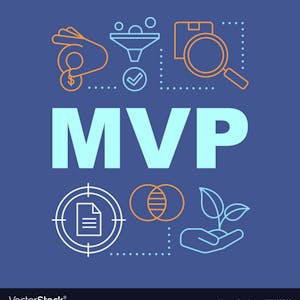Containerized Applications on AWS
About this Course
This course introduces you to container technologies and how they can be used to modernize your applications, as well as exploring how different AWS services can be used to manage and orchestrate those containers. Container technologies have existed for years, and are still gaining popularity. Two of the most prevalent options are Docker and Kubernetes - each with its own distinct set of features. Regardless of which technology you choose, one of the biggest challenges with containers is their orchestration. Unlike traditional, monolithic applications where you can only scale at a macro level - an executable, for example - containerized applications scale at the container level. When coupled with a microservices approach, each container can contain the code necessary to execute a single task or function. While this provides a number of benefits, a single application can consist of hundreds of containerized microservices. How do you handle starting, stopping, scaling out and scaling in all of these containers? AWS offers a number of services that help with container orchestration, including Amazon Elastic Container Service (ECS), Amazon Elastic Kubernetes Service (EKS), Amazon Lightsail, and Amazon Elastic Container Registry (ECR). Throughout this course, expert instructors will dive deep into these services as well as general container technologies and capabilities. This course uses a combination of video-based lectures, delivered by AWS technical trainers, demonstrations, and hands-on lab exercises to enable you to deploy and manage a containerized application.Created by: Amazon Web Services

Related Online Courses
The Raspberry Pi uses a variety of input/output devices based on protocols such as HDMI, USB, and Ethernet to communicate with the outside world. In this class you will learn how to use these... more
This program is for those who want to enhance their predictive and statistical modeling skills to drive data-informed business outcomes. If modeling data for business outcomes is relevant in your... more
By the end of this guided project, you will be able to use the Minimum Viable Product (MVP) Experience Canvas to test your startup business model assumptions. An MVP is a version of a new product... more
This course will introduce you to the attention mechanism, a powerful technique that allows neural networks to focus on specific parts of an input sequence. You will learn how attention works, and... more
Stanford\'s \"Introduction to Statistics\" teaches you statistical thinking concepts that are essential for learning from data and communicating insights. By the end of the course, you will be able... more








